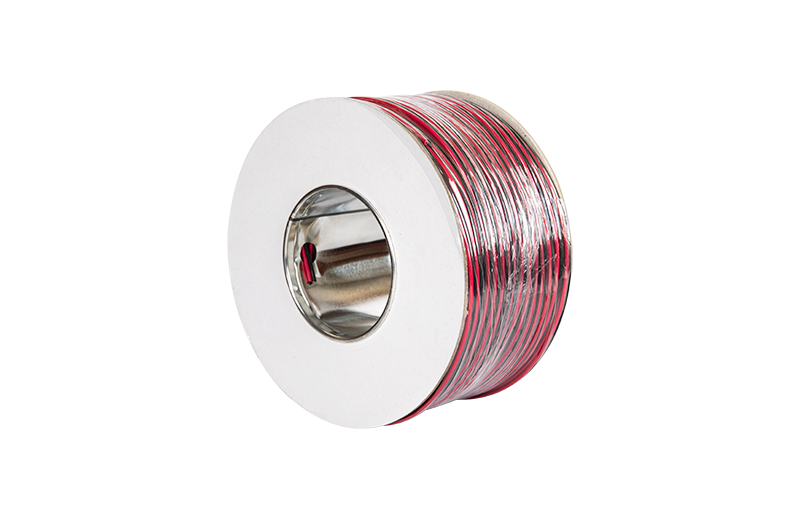Summary:When it comes to selecting the best gauge of wire for low-voltage speaker applications, understanding the fundamentals of speaker wire is essential. S
When it comes to selecting the best gauge of wire for low-voltage speaker applications, understanding the fundamentals of speaker wire is essential. Speaker cable gauge, which refers to the thickness of the wire, is measured using the American Wire Gauge (AWG) system. The gauge of wire you choose can significantly affect audio quality, performance, and system efficiency. In general, lower AWG numbers indicate thicker wires, which can carry more current with less resistance.
For most low-voltage speaker applications, particularly in home audio systems or small commercial setups, 16-gauge wire is commonly recommended for lengths up to about 50 feet. This gauge strikes a balance between flexibility and performance, making it suitable for many residential environments. If you are installing longer runs, such as in larger rooms or for outdoor setups, you might want to consider using 14-gauge wire. The thicker 14-gauge wire minimizes resistance over longer distances, ensuring that your speakers receive sufficient power and maintain optimal sound quality. Conversely, using thinner wire, such as 18-gauge, may suffice for very short runs or low-power applications, but can result in signal loss and reduced audio fidelity in larger setups.
It's important to consider the impedance of your speakers when selecting wire gauge. Most home speakers have an impedance of either 4 or 8 ohms. When the impedance is lower, the speaker draws more current, which necessitates the use of thicker wire to handle that demand without overheating. Additionally, thicker wire can help mitigate any potential loss of audio quality due to resistance, particularly when dealing with higher wattage systems. A common guideline is to use 16-gauge wire for runs under 50 feet for 8-ohm speakers, and 14-gauge wire for runs exceeding that distance or when using 4-ohm speakers.

Another crucial factor is the installation environment. If the cable will be run outdoors or through walls, consider choosing wire with appropriate insulation to protect against moisture and other environmental factors. This is particularly important for low-voltage systems where the integrity of the cable can directly impact audio performance. Furthermore, proper termination and connections also play a vital role in ensuring that the chosen wire gauge performs optimally. Poor connections can introduce additional resistance, negating the benefits of using thicker wire.
The commercial aspect of speaker cables shouldn't be overlooked either. As consumer electronics have evolved, so too has the market for speaker cables. Consumers are increasingly aware of the potential impact of wire gauge on audio quality, leading to a diverse range of options. While brand reputation and perceived quality can influence purchasing decisions, the core consideration should always be the specific needs of your audio setup, including the gauge of wire that best suits your application.
Ultimately, the best gauge of wire for low-voltage speaker applications depends on a combination of factors, including the distance between the amplifier and speakers, the impedance of the speakers, and the overall audio system's power requirements. For most typical home setups, starting with 16-gauge wire for shorter runs and upgrading to 14-gauge for longer distances or lower impedance speakers will ensure that you maintain excellent audio quality while maximizing system performance.
